The level of compliance with the Bovine Viral Diarrhoea Programme continues to gain positive momentum. There have been 2,027,118 calves tested to-date in 2021, with 99.24% of these calves returning a negative test. As detailed in the latest programme results table, published by Animal Health Ireland, there were 564 BVD cases recorded in calves up to week 27. This is a reduction of 32 cases on the corresponding period in 2020 and it should also be noted that 31,108 extra calves have been tested.
These BVD cases have been recorded in 282 herds, which is down 19 herds on 2020 levels. The level of herd compliance in moving calves that have returned a positive test has also improved, with just two herds retaining animals recording BVD cases.
Herd review
The increase in compliance in recent years, and in particular the swift movement of animals recording a negative BVD test, has been driven by the Department of Agriculture introducing stringent movement restrictions on non-complying herds and reducing the timeframe to move animals off-farm to avail of compensation through their Financial Supports Programme.
There has also been a significant change in 2021, whereby any herd that records a BVD case will undergo a review process carried out by veterinary professionals.
The aim of this review is to try and establish the route of cases recorded and put procedures in place to prevent it in the future.
This procedure is part of the final push to allow Ireland to prepare to apply to the European Commission for recognition of a BVD-free status according to the requirements of the new Animal Health Law.
One of these requirements is for 99.8% of herds to have negative herd status (NHS) for BVD, hence the strong focus on continuing to drive improvement in this area. This certification is central to moving from mandatory tissue tagging of all calves to surveillance testing, with this likely to come at the earliest in 2023.
Financial Supports Programme
Autumn-calving herds should be mindful of the requirements and timelines for the BVD Financial Supports Programme. The payment rates are laid out below;
Beef Herds
A payment of €220 for each beef breed PI born in a suckler herd that is shown to be disposed of to a knackery, meat plant or abattoir within 10 days of the first test.A reduced payment of €30 will apply in respect of such calves disposed of to a knackery, meat plant or abattoir between day 11 and 21 of the first test.Dairy Herds
A payment of €160 for each dairy heifer or dairy cross PI calf born in a dairy herd that is shown to be disposed of to a knackery, meat plant or abattoir within 10 days of the first test.A reduced payment of €30 will apply in respect of such calves disposed of to a knackery, meat plant or abattoir between day 11 and 21 of the first test.A payment of €30 for each dairy bull calf born in a dairy herd that is shown to be disposed of to a knackery, meat plant or abattoir 14 days after the first test.
The level of compliance with the Bovine Viral Diarrhoea Programme continues to gain positive momentum. There have been 2,027,118 calves tested to-date in 2021, with 99.24% of these calves returning a negative test. As detailed in the latest programme results table, published by Animal Health Ireland, there were 564 BVD cases recorded in calves up to week 27. This is a reduction of 32 cases on the corresponding period in 2020 and it should also be noted that 31,108 extra calves have been tested.
These BVD cases have been recorded in 282 herds, which is down 19 herds on 2020 levels. The level of herd compliance in moving calves that have returned a positive test has also improved, with just two herds retaining animals recording BVD cases.
Herd review
The increase in compliance in recent years, and in particular the swift movement of animals recording a negative BVD test, has been driven by the Department of Agriculture introducing stringent movement restrictions on non-complying herds and reducing the timeframe to move animals off-farm to avail of compensation through their Financial Supports Programme.
There has also been a significant change in 2021, whereby any herd that records a BVD case will undergo a review process carried out by veterinary professionals.
The aim of this review is to try and establish the route of cases recorded and put procedures in place to prevent it in the future.
This procedure is part of the final push to allow Ireland to prepare to apply to the European Commission for recognition of a BVD-free status according to the requirements of the new Animal Health Law.
One of these requirements is for 99.8% of herds to have negative herd status (NHS) for BVD, hence the strong focus on continuing to drive improvement in this area. This certification is central to moving from mandatory tissue tagging of all calves to surveillance testing, with this likely to come at the earliest in 2023.
Financial Supports Programme
Autumn-calving herds should be mindful of the requirements and timelines for the BVD Financial Supports Programme. The payment rates are laid out below;
Beef Herds
A payment of €220 for each beef breed PI born in a suckler herd that is shown to be disposed of to a knackery, meat plant or abattoir within 10 days of the first test.A reduced payment of €30 will apply in respect of such calves disposed of to a knackery, meat plant or abattoir between day 11 and 21 of the first test.Dairy Herds
A payment of €160 for each dairy heifer or dairy cross PI calf born in a dairy herd that is shown to be disposed of to a knackery, meat plant or abattoir within 10 days of the first test.A reduced payment of €30 will apply in respect of such calves disposed of to a knackery, meat plant or abattoir between day 11 and 21 of the first test.A payment of €30 for each dairy bull calf born in a dairy herd that is shown to be disposed of to a knackery, meat plant or abattoir 14 days after the first test. 



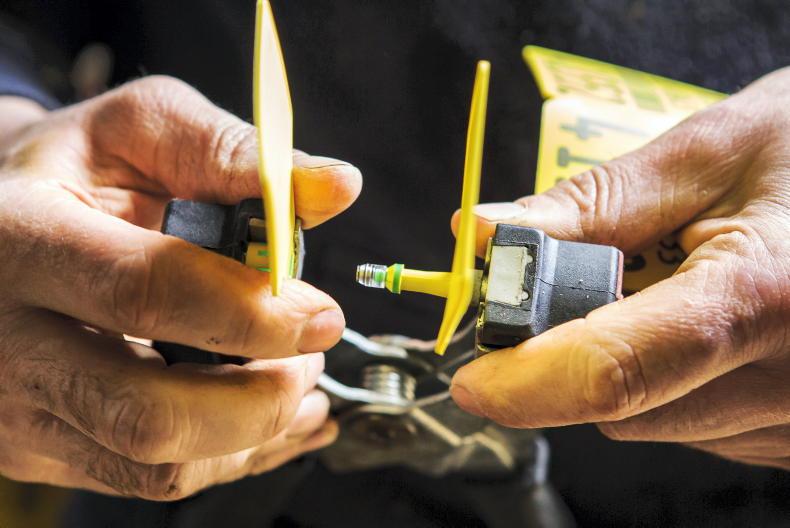
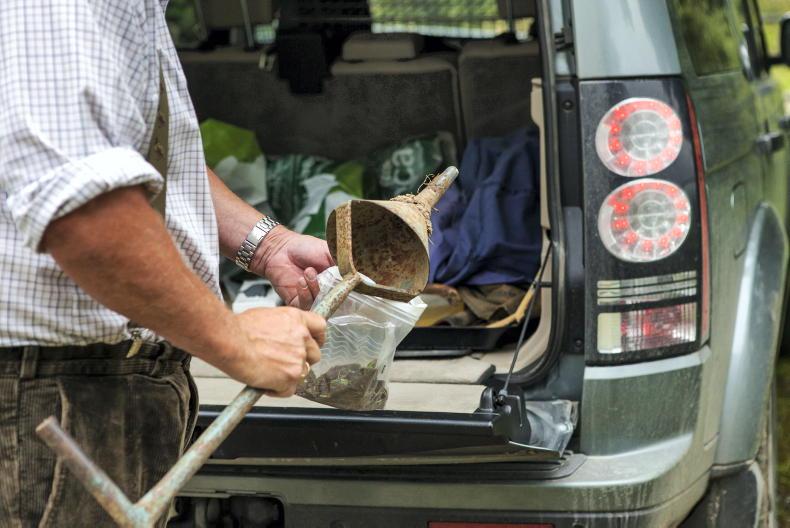
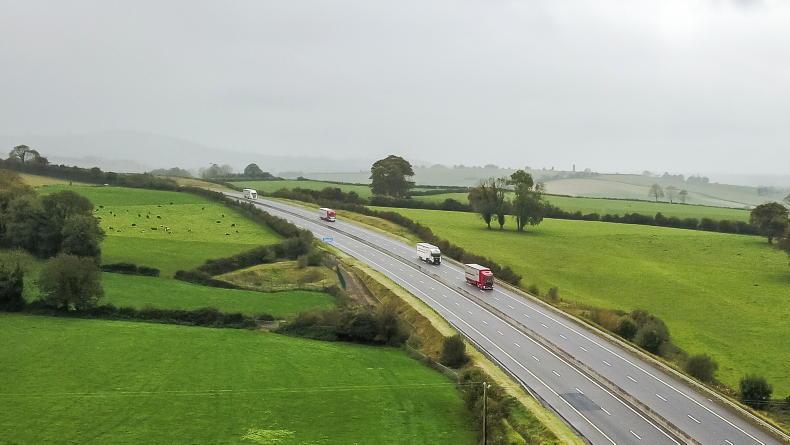
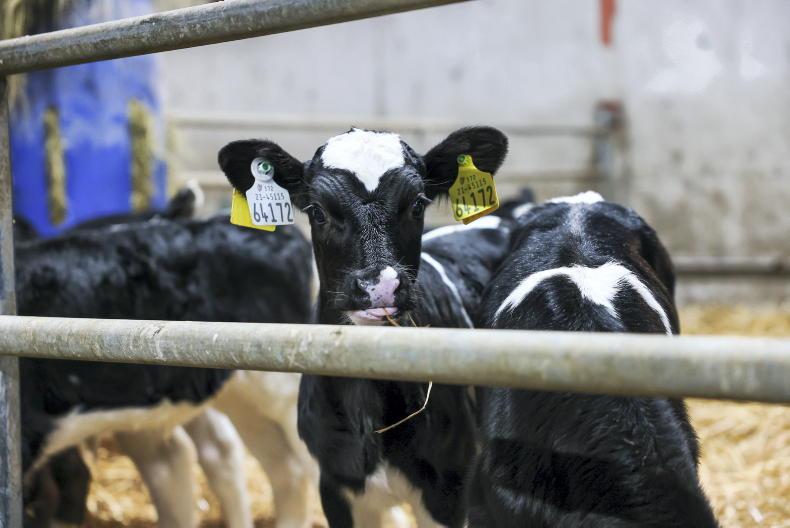
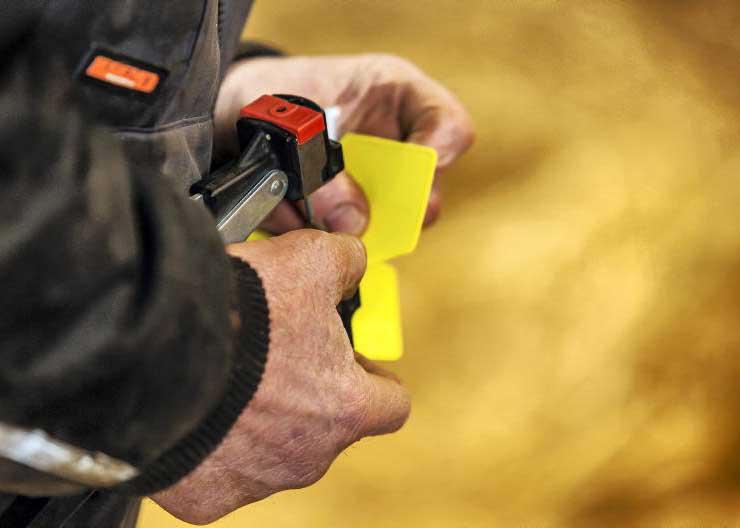
SHARING OPTIONS